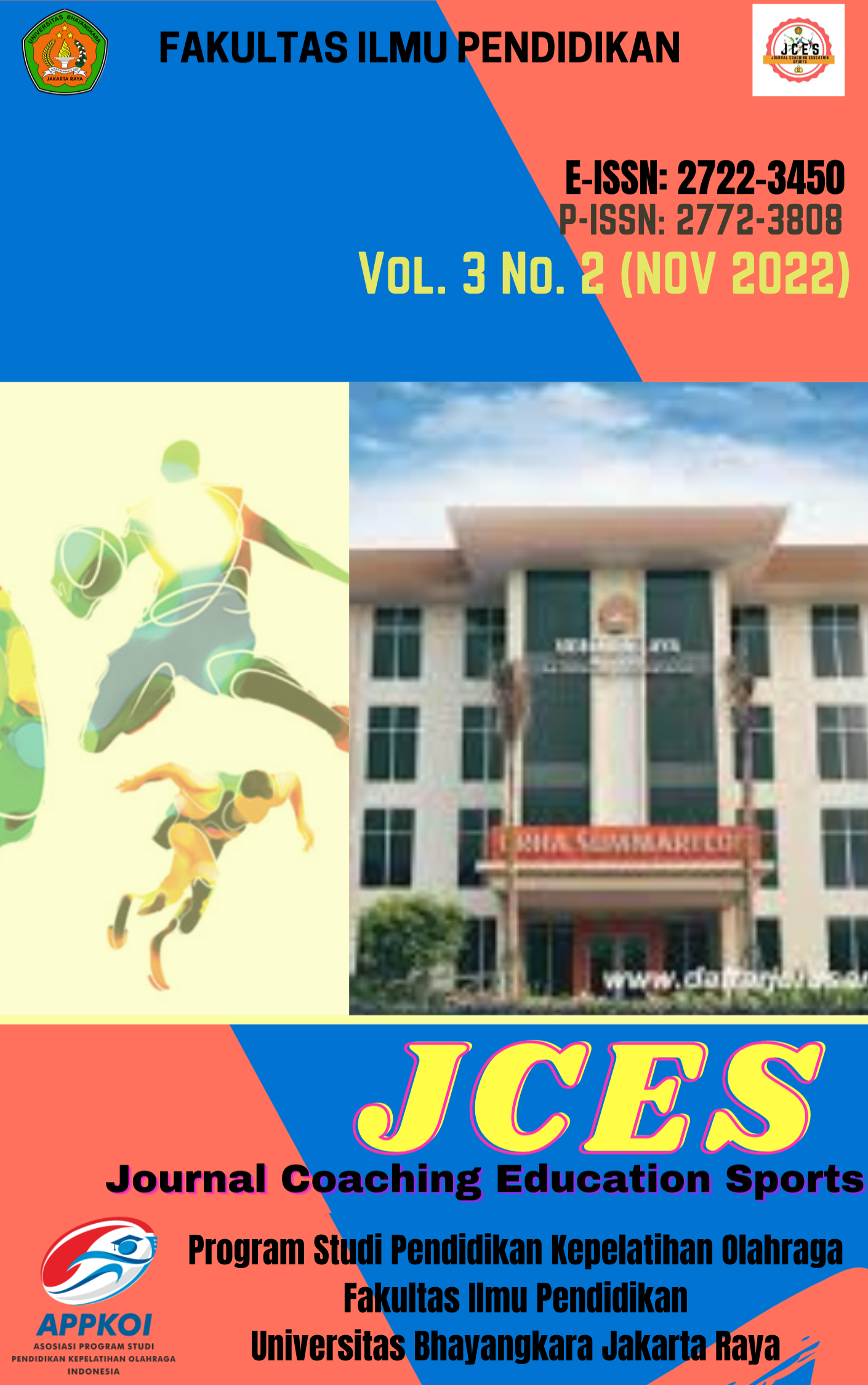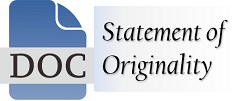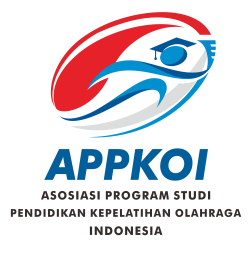Leadership Education in the Digital Age
DOI:
https://doi.org/10.31599/g05cnf48Keywords:
Leadership, Education, Industrial Revolution, Digital AgeAbstract
Leaders or leaders of an educational institution as people who are used to deciding what is right or most appropriate in certain situations, especially in the education policy itself. Of course, in the current era of the Industrial Revolution 4.0, policy is all about elements and values. The match is in the section itself. From individuals to world interests, their infrastructure must be properly managed. Education is actually a means to advance human civilization, plays an open role in this Industrial Revolution era, and must comply with aims and objectives without being constrained by regional interests. To prevent this very rapid development from being hampered or misdirected, we really need a very optimal role. New education policies need to be developed easily and quickly, but still put humanity first. This is of course the realm of education.
Downloads
References
Bangun, S. Y . (2016). Jasmani dan Olahraga pada Lembaga Pendidikan di Indonesia. Jurnal Publikasi Pendidikan, 6(3), 156–167. https://doi.org/10.26858/publikan.v6i 3.2270
Bertrand, M., & Rodela, K. C. (2018). A Framework for Rethinking Educational Leadership in the Margins : Implications for Social Justice Leadership Preparation. 10– 37. https://doi.org/10.1177/19427751177 39414
Cahyati, S., Kusumawati, I., & Irianto, D. P . (2020). Gaya Kepemimpinan Pelatih Hapkido Daerah Istimewa Yogyakarta. Journal of Sport and Health, 1(2), 77–83. http://ejurnal.mercubuana- yogya.ac.id/index.php/psikologi/index
Cogalty, N., & Karadag, E. (2014). School Leadership and Organizational Justice : A Meta-Analysis with Turkey Representative Sample. 2. https://doi.org/10.5296/ije.v6i1.4865
Diana Darmawati, T., Rahayu, A. R., & R.C. (2017). Leadership Guru Pendidikan Jasmani Olahraga dan Kesehatan di SMP Ogan Komering Ulu Timur Sumatera Selatan. Journal of Physical Education and Sports, 6(2), 108–116. https://journal.unnes.ac.id/sju/index.php/jpes/article/view/17359
Fadhli, M. (2017). Manajemen Peningkatan Mutu Pendidikan. Tadbir : Jurnal Studi Manajemen Pendidikan, 1(2), 215–241. https://doi.org/10.29240/jsmp.v1i2.29 5
Gea, B. P., Putrawan, I. M., & Miarsyah, M. (2019). Biological Teachers Motivation Based On School Leadership And Self-Eficacy. Interntional Journal Of Engineering Technologies And Management, 6(5).
Herliana, M. N. (2017). Hubungan Peran Kepemimpinan Kepala Sekolah, Iklim Organisasi Sekolah dan Kinerja Guru Dengan Prestasi Belajar Pendidikan Jasmani Olahraga Kesehatan Siswa SMP Negeri Se-Kota Tasikmalaya. Journal Sport Area, 2(2), 44–52. https://doi.org/10.25299/sportarea.20 17.vol2(2).880
Hogan, R., & Sherman, R. A. (2020). Personality theory and the nature of human nature. Personality and Individual Differences, 152(8), 1–5. https://doi.org/10.1016/j.paid.2019.109561
Junita, A. (2020). Kepemimpinan agile 4.0. Junita, A., & Agilitas, T. (2021). KEPEMIMPINAN AGILE 4.0. Leadership Di Era Digital, 37.
Mukhlasin, A. (2019). Kepemimpinan Pendidikan Di Era Revolusi Industri 4.0. Jurnal Tawadhu, 3(1), 674–692.
Nasution, W. N. (2016). Kepemimpinan pendidikan di sekolah. Jurnal Tarbiyah, 22(1).
Novian, G., Purnamasari, I., & Noors, M. (2020). Hubungan gaya Kepemimpinan Pelatih Dengan Prestasi Atlet Taekwondo. Gladi: Jurnal Ilmu Keolahragaan, 11(02), 151–164. https://doi.org/10.21009/GJIK.112.08
Phaneuf, J. É., Boudrias, J. S., Rousseau, V ., & Brunelle, É. (2016). Personality and transformational leadership: The moderating effect of organizational context. Personality and Individual Differences, 102, 30–35. https://doi.org/10.1016/j.paid.2016.06.052
Republic of Indonesia. (2005). Undang- Undang Republik Indonesia, Tentang Guru dan Dosen. In Pemerintah Indonesia (pp. 1–50).http://sumberdaya.ristekdikti.go.id/wp -content/uploads/2016/02/uu-nomor- 14-tahun-2005-ttg-guru-dan- dosen.pdf
Sinulingga, A., & Pertiwi, D. (2019). Profesionalisme guru pendidikan jasmani dari kepemimpinan kepala sekolah , budaya sekolah hingga motivasi kerja guru. Jurnal SPORTIF : Jurnal Penelitian Pembelajaran, 5(2), 296–311. https://doi.org/10.29407/js_unpgri.v5i 2.13113
Wahyudin, U., Bahrudin, E., & Sa’diyah, M. (2018). Pola Kepemimpinan Kepala Sekolah Dalam Membangun Akhlak Peserta Didik. Tawazun: Jurnal Pendidikan Islam, 11(1), 52– 74. https://doi.org/10.32832/tawazun.v11i 1.1659
Wibowo, U. B. (2011). Teori Kepemimpinan. Badan Kepegawaian Daerah Kota Yogyakarta [Skripsi].[Internet].[Diunduh 26 September 2017]. Tersedia Pada: Http://Staff. Uny. Ac. Id/Sites/Default/Files/Tmp/C, 20201113.
Downloads
Published
Issue
Section
License
Copyright (c) 2022 Rini Andriani, Hasyim, Rahma Dewi, Afri Tantri, Nurkadri

This work is licensed under a Creative Commons Attribution 4.0 International License.






.png)







